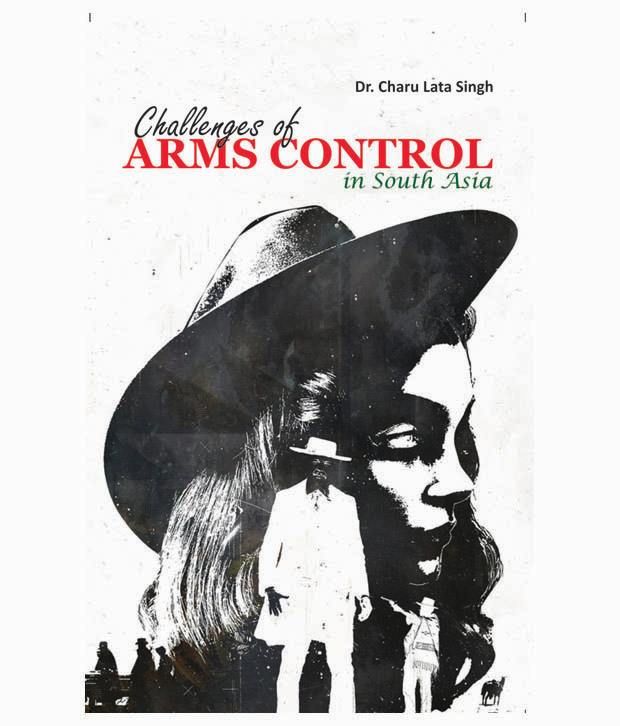Something went wrong. Please refresh the page and try again.
Something went wrong. Please refresh the page and try again.
Notifications can be turned off anytime from settings.
Item(s) Added To cart
Qty.
Something went wrong. Please refresh the page and try again.
Something went wrong. Please refresh the page and try again.
Exchange offer not applicable. New product price is lower than exchange product price
Please check the updated No Cost EMI details on the payment page
Exchange offer is not applicable with this product
Exchange Offer cannot be clubbed with Bajaj Finserv for this product
Product price & seller has been updated as per Bajaj Finserv EMI option
Please apply exchange offer again
Your item has been added to Shortlist.
View AllYour Item has been added to Shopping List
View All

No Cost EMI of Zero Emi Vendor applied on the product
You selected EMI of for monthsChangeGenerally delivered in 5 - 9 days
Item is available at . Change
You will be notified when this product will be in stock
| ||||||||||||||
Many reasons underscore the importance of arms control in South Asia, but two factors stand out critical and compelling. South Asia is a crisis- and war-prone region and a probable nuclear flash point. To reduce the likelihood of war and forestall nuclear use, arms control between India and Pakistan is critically important. India and Pakistan confront severe human security challenges, and they have not made significant progress in human development; yet, the two countries allocate more resources to defense than to other pressing social sector needs. India and Pakistan need to stop their potentially ruinous competitive arms build-ups and divert those funds to sectors that contribute to human development and strengthen human security. For this, they need to pursue arms control. Finally, at the global level, India is only likely to play a more positive role if it can be convinced that nuclear arms control reinforces its security interests and accepts that it need not weaponize its nuclear capability. China, as India's largest neighbour and a nuclear weapon state, can contribute on both scores. Still, India's choice between the alternatives of nuclear arms control and nuclear armament will not ultimately be the result of a threat from China, or even of relations with Pakistan, but of considerations of international power and influence. This book provides deep insight to various dimensions of issues relating to development of this subject.
About the author
Dr. Charulata Singh is Reader and Head of the Department of Vivekananda School of Journalism and Mass Communication, VIPS affiliated to GGSIP University, Delhi. She is member of AMIC. She has written chapters, articles and research papers on diverse issues.She holds a Ph.d in Political Science and is M.Phil in Journalism and Mass Communication with NET qualification. Her areas of interest are Media Laws, Political Communication, International Communication and Development Communication along with Media Research.
The images represent actual product though color of the image and product may slightly differ.
Challenges of Arms Control in South Asia
Rs. 718
Register now to get updates on promotions and
coupons. Or Download App